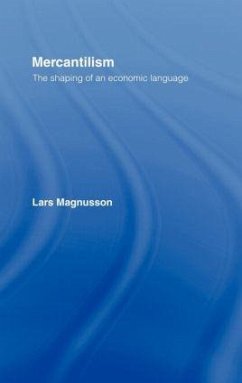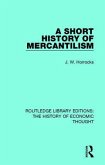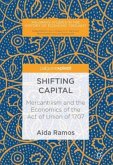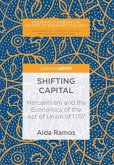Ever since the Physiocrats and Adam Smith, mercantilism has been described as the opposite of classical political economy. Lars Magnusson challenges this view by suggesting that there is a sharp distinction between mercantilism and the nineteenth century laissez-faire economics. He contends that the conventional view, which conflates the two economic ideologies, only further obfuscates the true nature of mercantilism and thereby disregards the salient contribution it made to subsequent economic theory. "Mercantilism" presents a full-scale account of the development of mercantilism as a trend of economic thought during the seventeenth and eighteenth centuries. Instead of accepting existing interpretations, he fundamentally questions the specific elements of mercantilism, examining whether or not it really was a coherent school of thought. Magnusson provides a critique of narrow definitions of the subject. He suggests that mercantilism must be understood as a series of written texts appearing in a particular political and economic context, rather than as an all-embracing system of economic thought. Within this framework a language and vocabulary of economies was developed that was an essential precondition for the subsequent growth of economic thought and knowledge. In this sense, mercantilism was much more influential than has previously been appreciated.








